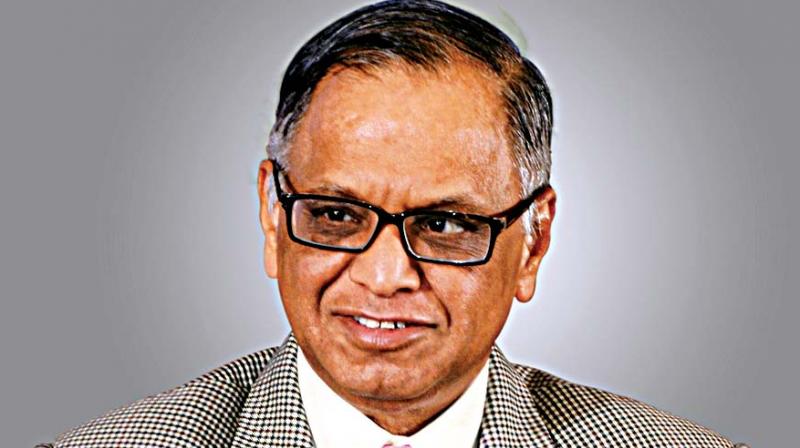Hyderabad: Hiring, not skills focus of colleges

Hyderabad: Despite the Union ministry for human resource development’s tall claims of making three internships compulsory for engineering courses and giving more practical experience for graduates, it is yet to be implemented.
With very few institutions encouraging dual degrees and not enforcing hands-on experience, students are entering the job sector without no skill-based education.
Highlighting the issue, Infosys co-founder N.R. Narayana Murthy recently stated that 80 per cent of students were not trained suitably for jobs. The statement caused a lot of concern as Infosys is a leading recruiter.
Experts state that most colleges aim only for placement rates and not skills which are required after placement. Other than a few premier institutions, there are very few who attempt to bridge the gap with industry to ensure proper exposure.
Mr Goutham Rao, the president of the Engineering College Association, says, “The curriculum of engineering or any graduate course does not encourage internships unless a student does it out of his or her interest. The government must initiate the process as most industries in the state do not employ students for internships. Through internships, students can explore different options while they are studying which will help them make a sound choice of career after studies.”
He stated that the hands-on experience a student gets if he works while studying will make a large difference as he/she will learn skills such as working under pressure, meeting deadlines and others. Moreover the hiring company need not spend as much in training the graduate in terms of money and time.
JNTU registrar Dr N. Yadaiah said, “We are yet to receive an action plan from the Centre regarding the plan. Implementation of internships in the curriculum will be a welcome change. Most graduates do not have a basic understanding of engines, software, how power stations work and so on which can be rectified by industrial interaction.” He said the quantum of students must be kept in mind. “More industries should offer support to students and collaborations should increase,” he said.
Educational experts have also stated that introducing students to public speaking clubs can help in their presentations in the future. They claim that the “degree mania” should end, and building character should be the priority so that graduates are capable of dealing with issues at a workplace.
The experts say that nternships will encourage students to not opt for run-of-the-mill jobs and go for start-ups that will absorb students after their graduation.
Prof. G. Haragopal, educational expert, said, “It will open up a lot of options for students. We should try to guarantee a larger exposure for students so that they can link knowledge and skill. This change should come from the school level and we should discourage rote learning. Children should be equipped, not mechanised.”

